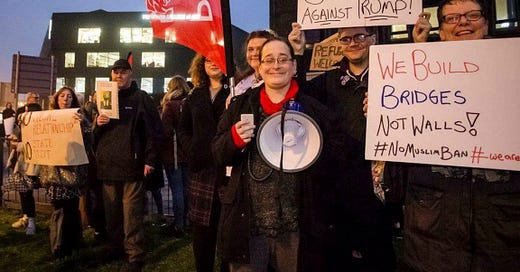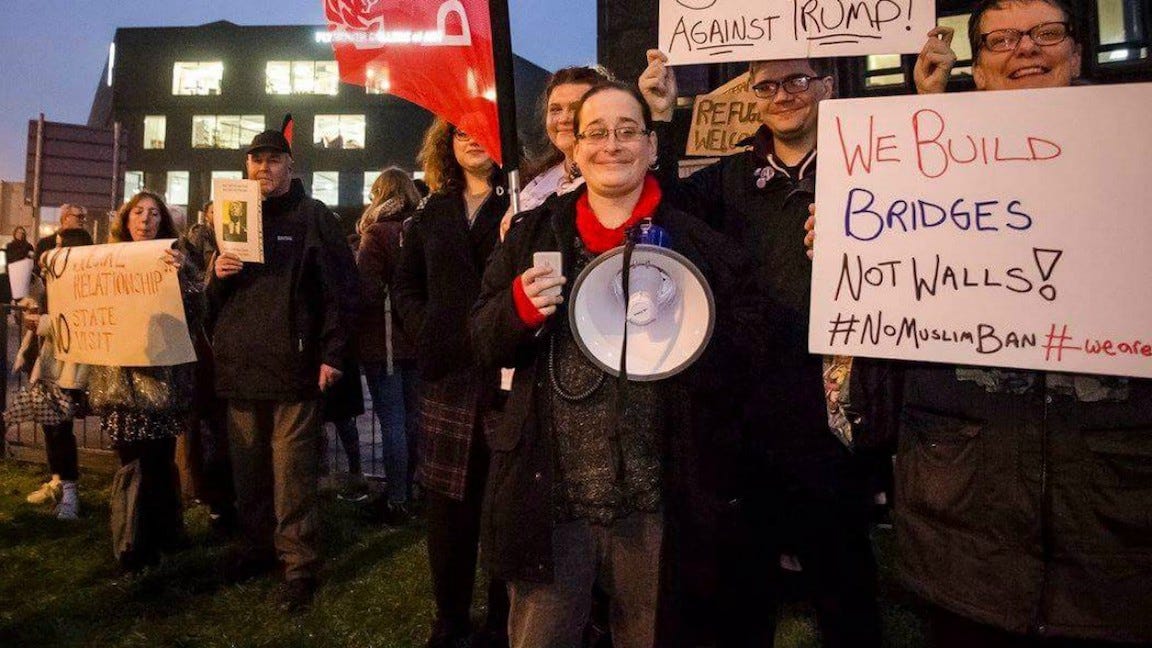Crossed Eyes, Full Hearts, Can't Lose
My inward-turning left eye led to a childhood full of teasing. But when I found my calling – as a professional dominatrix and political activist – the tables turned.
Keep reading with a 7-day free trial
Subscribe to Narratively to keep reading this post and get 7 days of free access to the full post archives.




